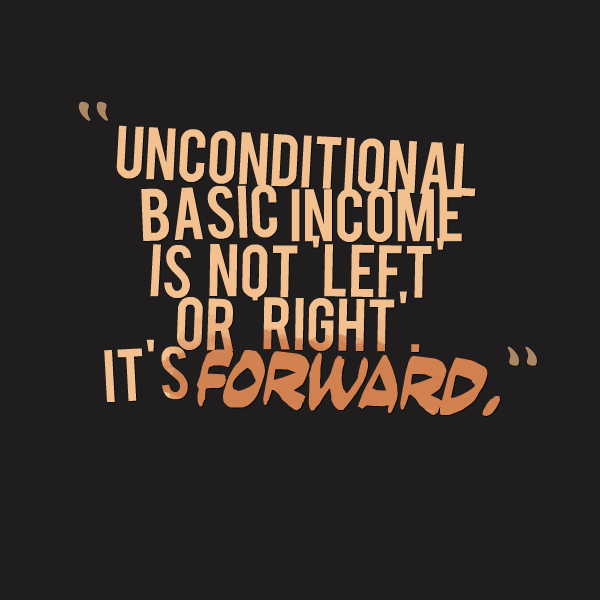An Unconditional Basic Income Without Tax Increases
The unconditional basic income is an idea that becomes more mainstream by the day. It was adopted as a policy by the center-left Spanish government, and it is promoted as an experiment in countries like Finland and Germany. As an idea, it has both supporters and opponents, but both parts usually think that introducing a universal basic income requires more taxes. They are not necessarily right.
A basic income is an income paid unconditionally and regularly by a government or by some other public institution to all citizens or legal residents (or at least to a significant category of them – adult citizens, for instance), regardless of whether they are employed or not and irrespective of any other sources of income they might have. In other words, a universal basic income is a form of passive income.
It is often assumed that introducing a basic income program will lead to tax increases – or at least to some rearrangements of the tax system. However, this is not necessarily so.
Imagine, for instance, that the basic income is paid using debit cards and in such a manner that withdrawal of cash is impossible. In this situation, the basic income received by someone can be spent only by making electronic payments.
If such a system is put in place, a huge amount of data regarding consumption becomes readily available in real-time, and governments could sell access to this data to interested parties, while making sure that no receiver of the basic income can be identified.
For a monthly fee, companies, organizations and individuals from around the world could thus get access to this information, and they could organize it upon categories like gender, age, place of residence, product or brand. Since access to this data is highly valuable, the fee should reflect the value of the service. For a medium-sized country with 10 to 30 million citizens, for instance, the fee could be anywhere between 30,000 and 100,000 US dollars per month.
The collected fees are then used to finance the basic income program. If the sum thus collected each month is too small, the basic income will simply be added to other already existing welfare programs. If it is high enough to cover all the basic needs of the recipients, the basic income program will replace all other welfare programs. In any event, the introduction of the basic income program using this system will require no additional substantial costs.
Using this system to finance the unconditional basic income will put an end to today’s situation, where states compete against each other to attract multinational corporations. Instead, companies worldwide will begin to compete against each other to get access to anonymized data obtained through the basic income program.
Since each country is different, each government will sell a unique service, different from the one offered by any other government. Therefore, each government is free to set its own level of the fee. On the other hand, once a company buys access to the data made available by a government, its potential competitors have no choice but to do the same – otherwise they will lose access to valuable information.
One final note: financing a basic income program through this system is possible at every level of government, from city level to continental level, or even to global level. In other words, this system can be implemented by any type of organized community.
And, since it doesn’t imply redistribution, it may be palatable for both the economic right and the progressive left.










Trackbacks and Pingbacks